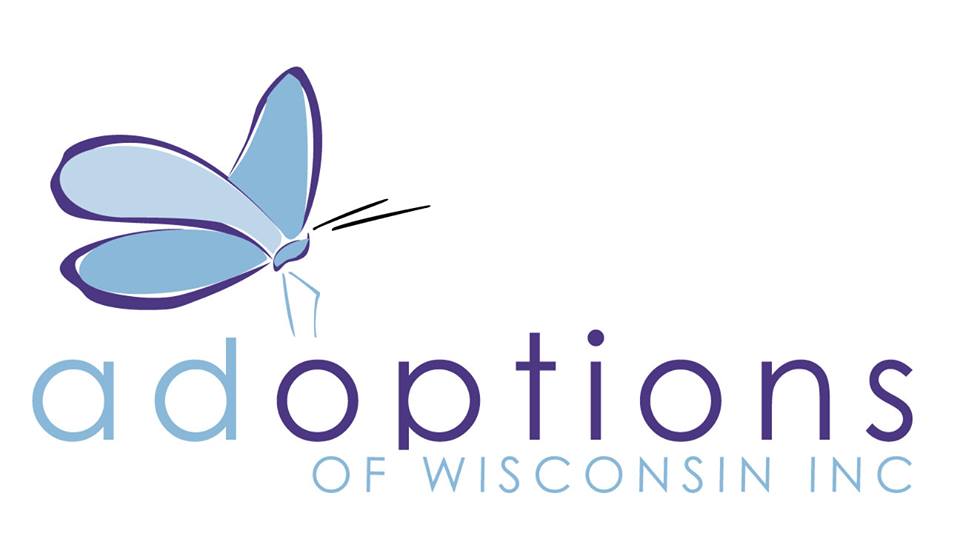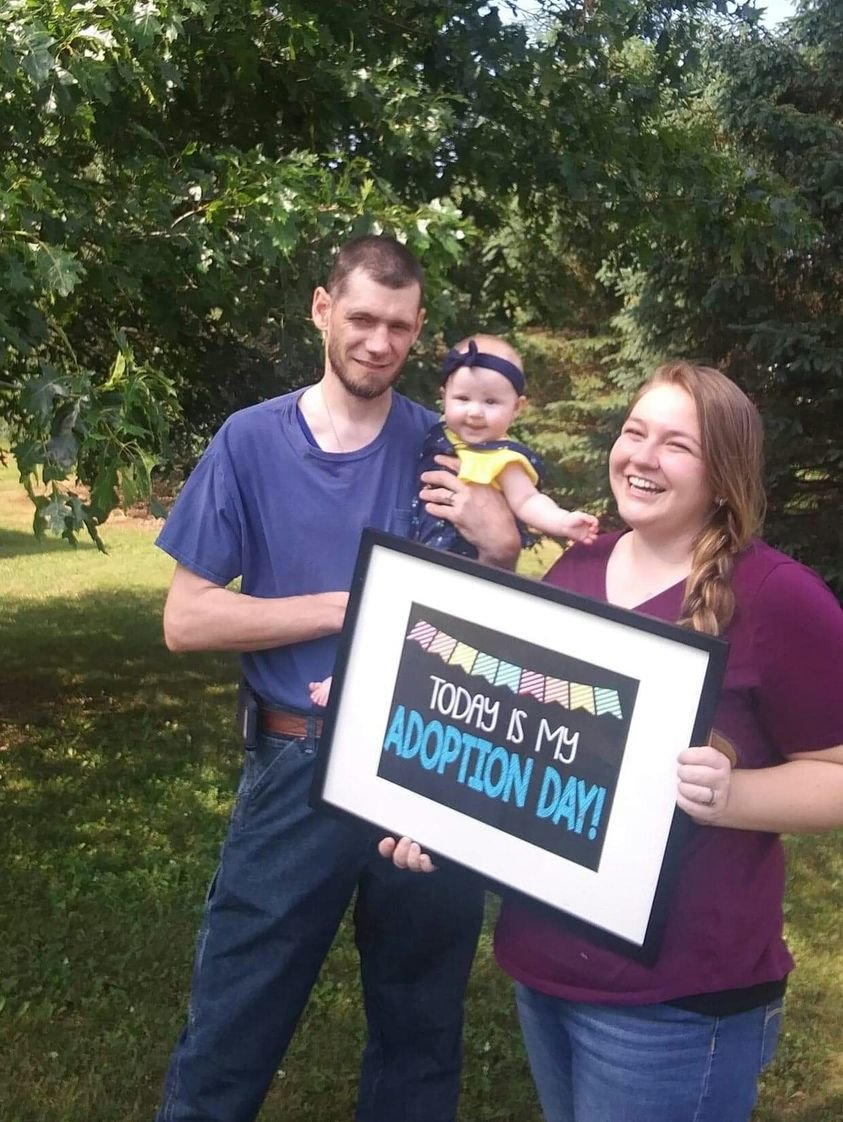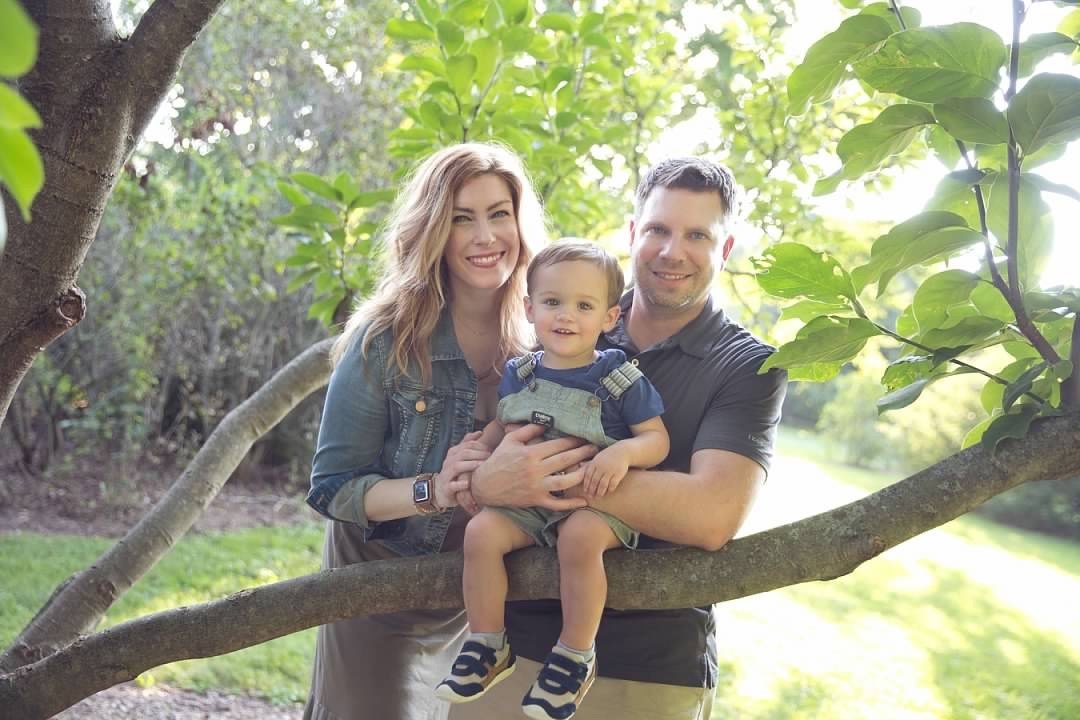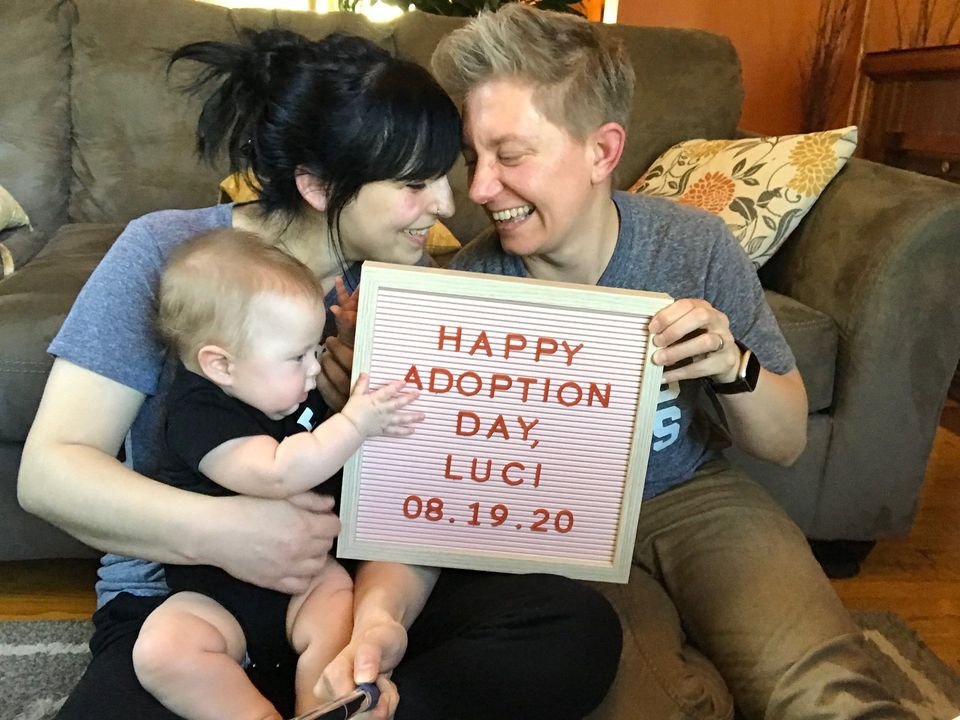An unplanned pregnancy can happen to anyone, whether you're single, married or already raising children. If you’re facing this situation, it’s okay to feel uncertain about what to do next.
In Wisconsin, you generally have three unplanned pregnancy options: adoption, abortion or parenting. Each choice has its own considerations, and understanding them can help you figure out the best path forward.
While this article should not be taken as medical advice, we will walk you through each option and provide resources available in Wisconsin. If you have questions about your unplanned pregnancy options or need support, call or text us at 608-821-8221 — we’re here to help.
How to Deal With an Unplanned Pregnancy
When faced with an unplanned pregnancy, you typically have three options. The right choice depends on your personal situation, values and goals. Here’s what you need to know about adoption, abortion and parenting:
Adoption in Wisconsin
In a private adoption, you have the opportunity to choose a loving family for your child. Adoption isn’t about “giving up” on your baby — it’s a selfless decision made with their future in mind. Adoption can ensure your child has every opportunity in life, even if you’re not in a place to provide the stability they need.
Here’s how adoption can benefit you and your baby:
Free counseling: You can talk through your feelings with professionals who understand what you’re going through.
Control over the process: You get to decide every step of the adoption process, like choosing your baby’s adoptive parents and planning how you want your hospital stay to go.
Matching services: You can browse waiting families online, or your social worker can provide you with profiles of families who match what you’re looking for.
Financial assistance: You could get help with pregnancy-related costs, such as maternity clothes, and medical care, as well as living expenses like rent and utilities.
Open adoption options: If you want, you could stay in touch with your child after placement through letters, calls or visits.
To learn more, fill out our form or call or text us at 608-821-8221. We’re here to support you every step of the way.
Abortion in Wisconsin
Abortion is a legal option in Wisconsin up to 20 weeks of pregnancy, with exceptions for life-threatening situations. The cost can range from $580 to $2,000, depending on the type of procedure. There are two main options: medical abortion (a pill taken within the first 10 weeks) and surgical abortion (a minor procedure).
It’s important to note that there are legal requirements for abortions in Wisconsin:
Informed consent: A physician must give you specific information before you can provide written consent.
24-hour waiting period: You must wait 24 hours after your first visit before you can get an abortion.
Ultrasound: A physician must perform an ultrasound and describe the image to you.
Physician presence: A doctor must administer abortion-inducing medication in person.
These requirements can sometimes be waived depending on your circumstances.
Abortion may be a good option if you’re not ready to parent or if continuing the pregnancy would affect your health or life goals. However, you may want to consider other options if you have personal, religious or ethical reasons why you don’t want the procedure.
Parenting in Wisconsin
Parenting can be a rewarding choice, but it also requires preparation. Raising a child means planning emotionally, financially and logistically for their future. Business Insider estimates that it cost about $2,142.83 per month to raise a child in 2024.
It’s important to ensure you’re ready to meet the challenges parenting can bring. If you’re considering this option, resources are available to help you. Call 2-1-1 to connect with a professional who can guide you toward support for pregnant women and parents in Wisconsin.
How to Emotionally Deal With an Unplanned Pregnancy
Coming to terms with an unplanned pregnancy can be difficult. Things may seem uncertain now, but with time and support, you can find the best path forward. These tips can help as you decide how to deal with an unplanned pregnancy:
1. Take Time to Consider Your Future
Only you know what’s best for you. Maybe you want to finish school, make a career move or focus on raising your other children. It’s okay if you’re not ready for a baby right now. Take the time to reflect on your goals and priorities.
2. Rely on a Trusted Friend or Family Member
Talking to someone you trust can help you process your feelings and make the situation feel less overwhelming. A friend or family member can lend a listening ear, provide support, or offer guidance based on their experiences. Ultimately, the choice is yours, but you don’t have to go through it alone.
3. Talk to Someone About Your Options
Doctors, counselors and social workers can provide clarity about your unplanned pregnancy options. At Adoptions of Wisconsin Inc., we offer free counseling services to help you make a decision. No matter what you choose, we’re here to support you.
Wisconsin Resources for Dealing With an Unplanned Pregnancy
For more information about your unplanned pregnancy options, talk to our social workers. We provide free, unbiased support to help you decide what’s best for you and your baby. You can fill out our form to get in touch, or you can call or text 608-821-8221 today.
In addition to our services, there are many other resources in Wisconsin that can provide assistance, support and guidance.
Hotlines
If you’re dealing with an unplanned pregnancy, these hotlines are available to help. Whether you want to talk through your feelings, get advice or learn more about your options, trained professionals are just a call away.
Wisconsin Assistance (2-1-1)
All-Options (1-888-493-0092)
Adoption Hotline (1-800-236-7846)
National Abortion Hotline (1-800-772-9100)
National Pregnancy Hotline (1-800-672-2296)
Pregnancy Centers
These organizations offer free services to pregnant women, such as consultations, pregnancy tests, ultrasounds, maternity clothing, prenatal vitamins and more. Pregnancy centers may be affiliated with a specific religion, so you may want to look for a resource that aligns with your beliefs.
Financial Assistance Programs
Depending on your situation, you might be eligible for federal and state programs that cover food, housing and other essential needs.

















